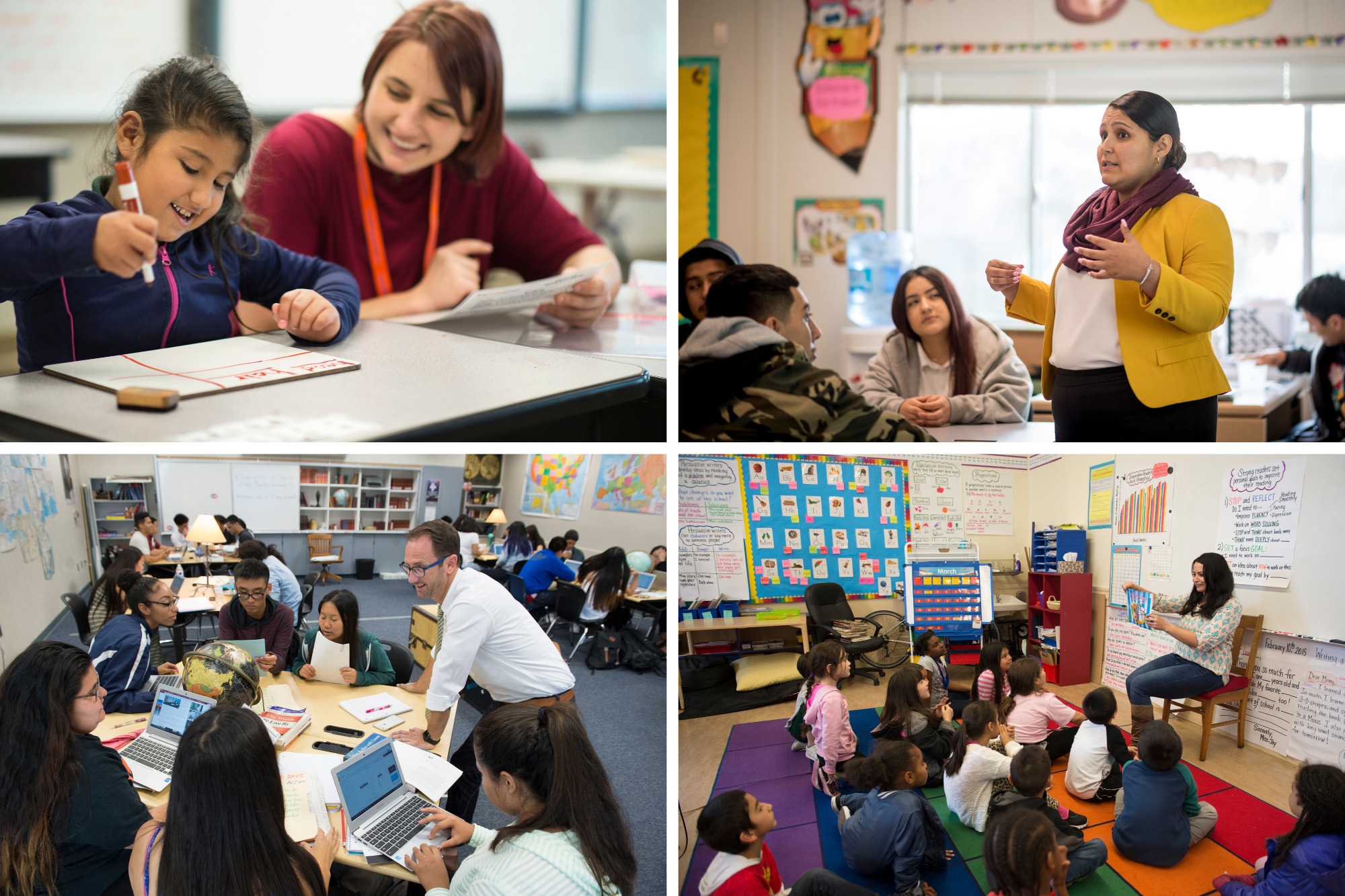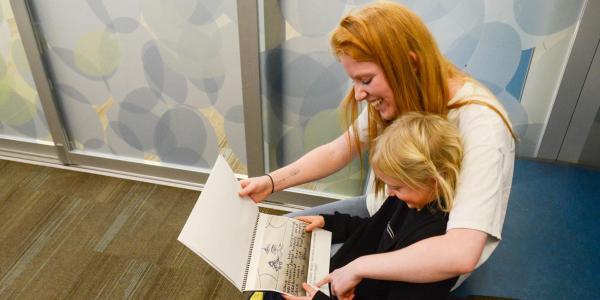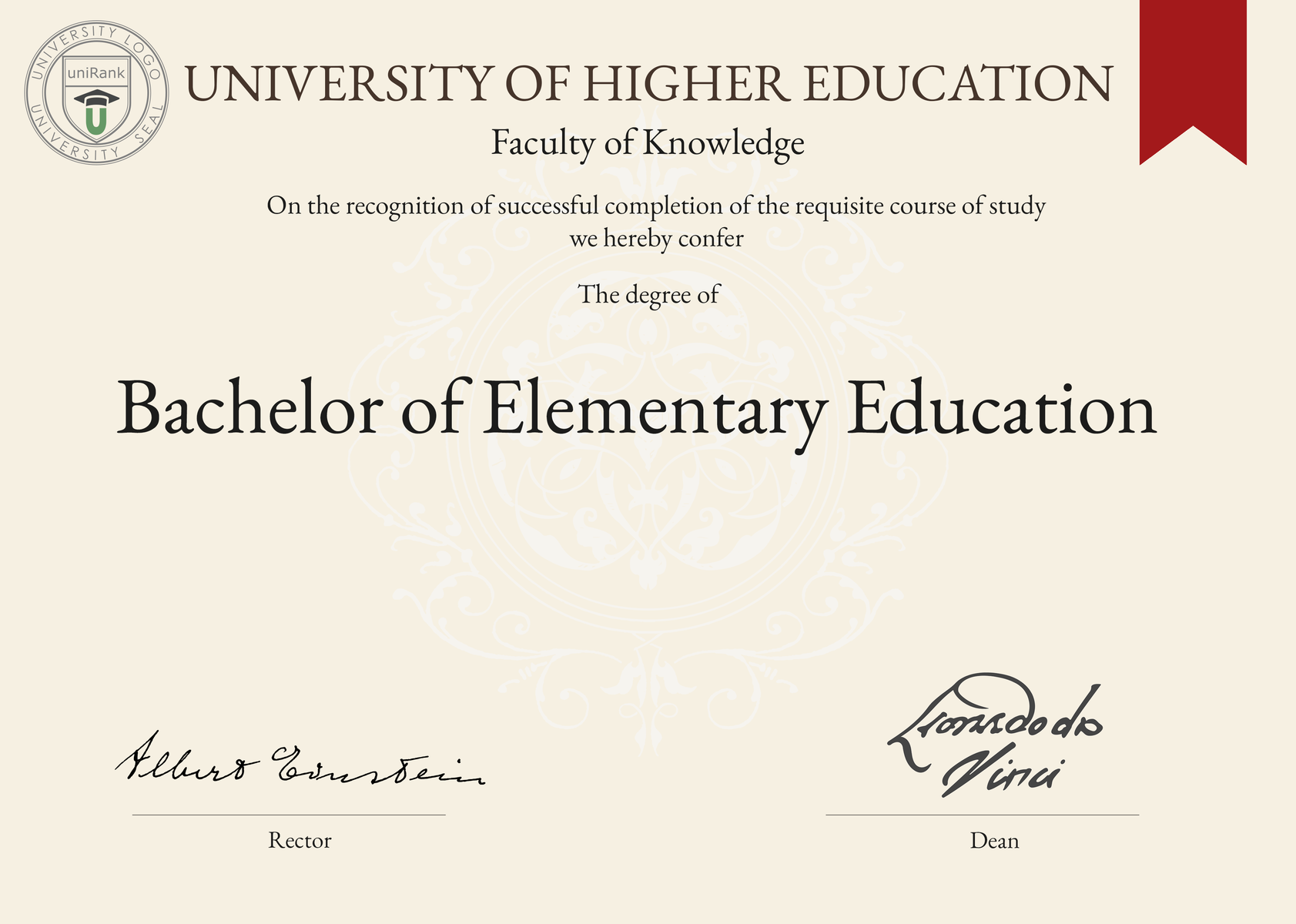Are you passionate about teaching and making a difference in the lives of young learners? A bachelor of elementary education subjects can equip you with the knowledge, skills, and experience to become a highly effective elementary school teacher. This degree program covers a wide range of topics, including core subjects, teaching strategies, specializations, and career paths. Whether you’re just starting your journey in education or looking to advance your career, a Bachelor of Elementary Education can provide you with the foundation you need to succeed.
Core Subjects
At the heart of elementary education lie the core subjects that provide the foundation for lifelong learning. These subjects include:
- Math: Numbers, shapes, patterns, and measurement
- Reading: Phonics, fluency, comprehension, and vocabulary
- Writing: Spelling, grammar, composition, and storytelling
- Social Studies: History, geography, civics, and economics
- Science: Physical, life, and earth sciences
| Subject | Minutes per day |
|---|---|
| Math | 60 |
| Reading | 90 |
| Writing | 45 |
| Social Studies | 30 |
| Science | 45 |
These core subjects are essential for students to develop the knowledge and skills they need to succeed in school and beyond. They provide the building blocks for critical thinking, problem-solving, communication, and collaboration.
Math
Math is all about numbers, shapes, patterns, and measurement. It helps us understand the world around us and make sense of everyday situations. Math skills are used in everything from counting money to measuring ingredients for a recipe.
Reading
Reading is the key to unlocking a world of knowledge and imagination. It helps us learn new things, understand different perspectives, and communicate our own ideas. Reading skills are essential for success in school and in life.
Writing
Writing is a powerful tool for expressing ourselves, sharing our ideas, and connecting with others. It helps us organize our thoughts, communicate clearly, and create something new. Writing skills are important for all students, regardless of their future career goals.
Social Studies
Social studies help us understand the world we live in, both past and present. It teaches us about different cultures, governments, economies, and historical events. Social studies skills are essential for making informed decisions and participating in our communities.
Science
Science is the study of the natural world. It helps us understand how things work and why they happen. Science skills are essential for critical thinking, problem-solving, and innovation.
These are just a few of the many important subjects that elementary school students learn. By mastering these core subjects, students are preparing themselves for success in school, work, and life.

Teaching Strategies
Teaching strategies are the methods and techniques that teachers use to help students learn. There are many different teaching strategies, and the best strategy will vary depending on the subject, the students, and the teacher’s own style.
- Direct instruction: In direct instruction, the teacher presents information to the students in a clear and organized way. This strategy is often used to teach basic skills, such as reading, writing, and math.
- Inquiry-based learning: In inquiry-based learning, students are encouraged to ask questions and explore topics on their own. This strategy helps students develop critical thinking and problem-solving skills.
- Cooperative learning: In cooperative learning, students work together in small groups to complete tasks. This strategy helps students develop teamwork and communication skills.
- Differentiated instruction: In differentiated instruction, teachers tailor their instruction to meet the needs of individual students. This strategy helps ensure that all students have the opportunity to succeed.
- Technology-enhanced learning: Technology-enhanced learning uses technology to support teaching and learning. This strategy can help students engage with the material and learn in new ways.
| Strategy | Description |
|---|---|
| Direct instruction | Teacher presents information to students in a clear and organized way. |
| Inquiry-based learning | Students are encouraged to ask questions and explore topics on their own. |
| Cooperative learning | Students work together in small groups to complete tasks. |
| Differentiated instruction | Teachers tailor their instruction to meet the needs of individual students. |
| Technology-enhanced learning | Technology is used to support teaching and learning. |
These are just a few of the many teaching strategies that are available to teachers. The best strategy will vary depending on the subject, the students, and the teacher’s own style. By using a variety of teaching strategies, teachers can help students learn in a fun and engaging way.
Here are some tips for choosing the right teaching strategy:
- Consider the subject matter. Some strategies are better suited for certain subjects than others.
- Consider the students. The age, learning styles, and needs of the students will affect which strategies are most effective.
- Consider your own teaching style. Some strategies may be more comfortable for you to use than others.
Once you have considered these factors, you can start to experiment with different teaching strategies to see what works best for you and your students.Using storytelling as a teaching tool in elementary education

Specializations
Early Childhood Education
Early childhood education focuses on the development of children from birth to age 8. This specialization prepares teachers to work with young children in a variety of settings, including preschools, kindergartens, and childcare centers. Early childhood educators help children develop their physical, cognitive, social, and emotional skills.
Exploring world cultures in elementary education
| Specialization | Focus |
|---|---|
| Early Childhood Education | Development of children from birth to age 8 |
| Elementary Education | Teaching students in grades 1-6 |
| Special Education | Teaching students with disabilities |
| English as a Second Language (ESL) | Teaching English to students who are not native speakers |
| Gifted and Talented Education | Teaching students who are gifted and talented |
Elementary Education
Elementary education focuses on the development of children in grades 1-6. This specialization prepares teachers to teach all subjects to elementary school students. Elementary educators help children develop their academic, social, and emotional skills.
Teaching financial literacy at the elementary level
- Math: Numbers, shapes, patterns, and measurement
- Reading: Phonics, fluency, comprehension, and vocabulary
- Writing: Spelling, grammar, composition, and storytelling
- Social Studies: History, geography, civics, and economics
- Science: Physical, life, and earth sciences

Career Paths
Once you have earned your Bachelor of Elementary Education, you will be qualified to teach in elementary schools. There are many different career paths that you can pursue with this degree, including:
- Classroom teacher: Classroom teachers are responsible for teaching all subjects to students in grades 1-6. They create lesson plans, deliver instruction, and assess student learning.
- Special education teacher: Special education teachers work with students who have disabilities. They develop and implement individualized education plans (IEPs) to meet the needs of each student.
- English as a Second Language (ESL) teacher: ESL teachers work with students who are not native speakers of English. They help students develop their English language skills so that they can succeed in school.
- Gifted and talented teacher: Gifted and talented teachers work with students who are gifted and talented. They develop and implement challenging curriculum to meet the needs of these students.
- Curriculum developer: Curriculum developers create and develop curriculum for elementary schools. They work with teachers to ensure that the curriculum is aligned with state and national standards.
- Educational administrator: Educational administrators oversee the operation of elementary schools. They work with teachers, parents, and the community to ensure that the school is providing a high-quality education for all students.
These are just a few of the many career paths that you can pursue with a Bachelor of Elementary Education. With this degree, you will be prepared to make a difference in the lives of young learners.
| Career | Description |
|---|---|
| Classroom teacher | Teaches all subjects to students in grades 1-6 |
| Special education teacher | Works with students who have disabilities |
| English as a Second Language (ESL) teacher | Works with students who are not native speakers of English |
| Gifted and talented teacher | Works with students who are gifted and talented |
| Curriculum developer | Creates and develops curriculum for elementary schools |
| Educational administrator | Oversees the operation of elementary schools |
Cross-curricular teaching in elementary schools

Final Thought
Pursuing a Bachelor of Elementary Education is an excellent choice for individuals who are passionate about teaching and making a positive impact on the lives of young learners. This degree program provides a comprehensive foundation in core subjects, teaching strategies, specializations, and career paths, equipping you with the knowledge and skills necessary to become a highly effective elementary school teacher.



